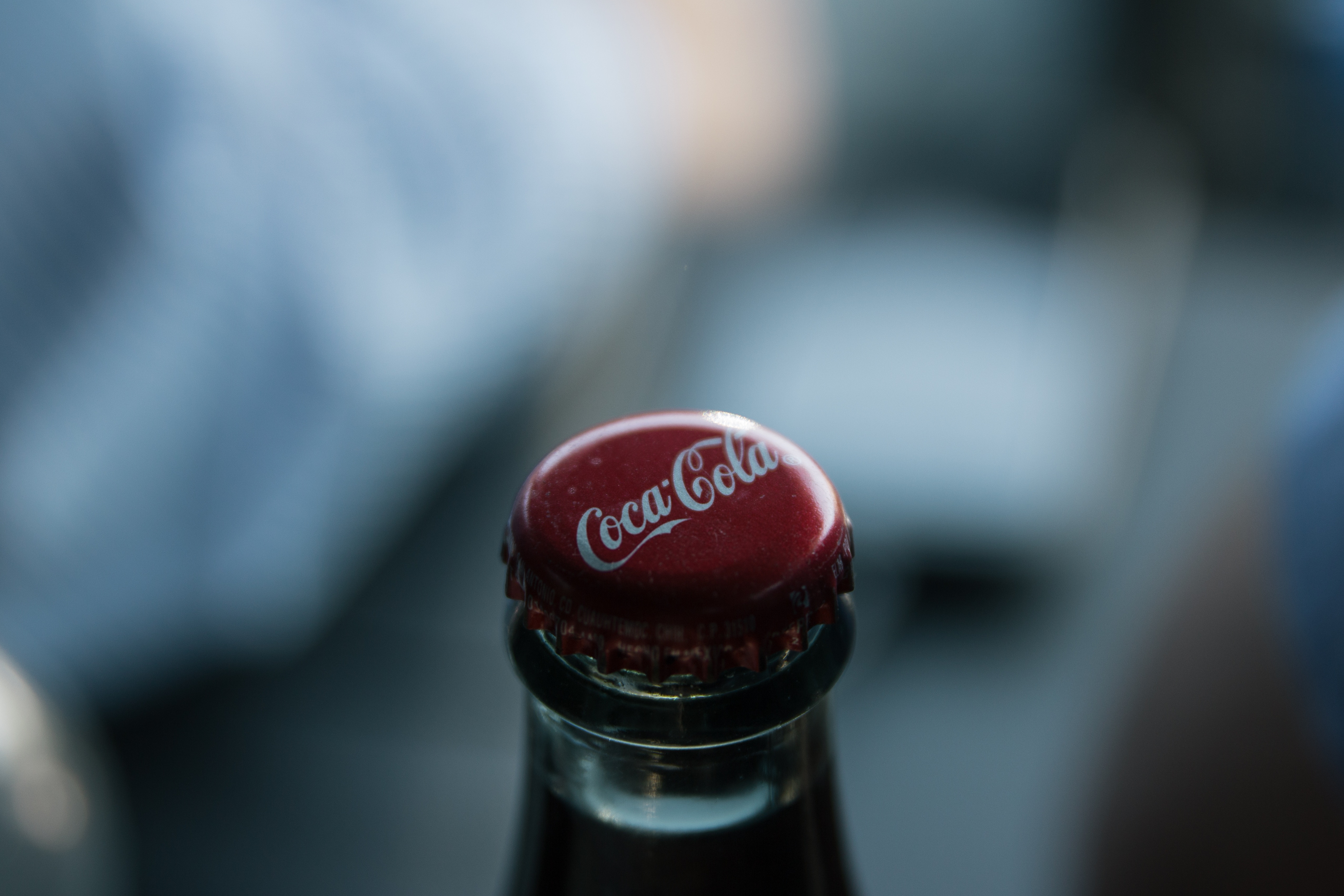I have answered hundreds of nutrition queries in various forums in my career as a dietitian but perhaps none more challenging than whether it makes more sense to drink regular or diet cola.
It may sound funny in writing, but in all honesty this question comes up more than you might think.
And it is a challenging one to answer definitively.
Here’s why:
On the one hand we know that, in an era of caloric excess, sugar sweetened beverages like cola represent one of the highest sources of calories in the human diet.
We also know that cola does not offer anything positive from a nutritional perspective and its consumption is associated with a higher calorie intakes and body weight, and may also contribute to an increased risk of chronic conditions such as diabetes.
For this reason, the strategic reduction in population soft drink consumption is probably one of the most important topics in modern public health.
Is replacing regular cola with diet cola the ultimate public health solution?
Diet cola is, in essence, a beverage that arguably tastes just as good and is flavour enhanced with artificial sweeteners that do not contribute calories.
On paper, diet soft drinks sound like an amazing weight management solution, but public skepticism around their long-term health effects has existed for years.
In reality, we still do not have research available at the level of robustness that allows us to fully understand the health effects that artificially sweetened cola ( and other items) may have on our health.
The best available evidence suggests that these sweeteners are safe for human consumption, which is why they are approved by use for Health Canada ( and other federal health organizations around the world).
Could these organizations stance on these artificial sweeteners change in the face of new evidence in the future? Absolutely, but you can say the same thing about any topic in nutrition.
Right now there is no overwhelming high quality evidence that indicates that moderate consumption of artificial sweeteners is unsafe.
So does that mean everyone should drop regular cola for diet without thinking twice? Well, it’s not that simple.
While there is no evidence to prove a causal link between diet soda and negative health outcomes, there is a growing body of evidence that has suggests people who regularly consume diet soda tend to have worse health outcomes than those who do not.
What Does The Research Say?
As I said, there is no impeccably conducted silver bullet study that shows definitively that diet cola is bad for us, but there are a variety of reviews and meta analysis of the best available research that indicate that, at the very least, more research into the health effects of diet cola are warranted.
Some recent study findings:
Nettleton et al found that those who regularly consumed diet soda had a higher risk of type 2 diabetes than those who did not. (Echoed here)
Gardener et al found that daily diet soft drink consumption was associated with several vascular risk factors and with an increased risk for vascular event
These studies do not prove that diet cola CAUSES poor health outcomes, but it reminds us that more research is needed to better understand it.
But what about weight loss?
Diet Cola and Weight Loss
Theoretically, one might think that if if you were to swap the regular colas in your diet for a zero calorie version, that you could potentially lose weight.
The best available evidence tends to support this notion:
Miller and Perez identified a number of randomized controlled trials that indicated that swapping in lower calorie options for higher ones could help with a modest weight loss.
Rogers et al demonstrated that, overall, the balance of evidence indicates that use of low calorie options leads to a reduction in body weight.
Now, you might be thinking that the evidence that I have provided here today seems to be contradictory, and you would be right.
Final Thoughts
So how do you choose between regular or diet cola?
That question remains difficult to answer because of the uncertainty that surrounds the long-term health effects of diet cola.
My best advice is the following:
If you know that soft drinks and cola are contributing an excessive amount of calories to your diet and hindering your weight management efforts, it may be a wise choice to switch diet varieties in the short and medium term.
You should be sure not to compensate your caloric intake from other sources after you make this swap.
It is also important to understand that you may not necessarily not making a profoundly healthy choice by swapping regular for diet cola.
In my estimation, there is still light to be shed on the impact of artificial sweeteners on our health in the long-term, and as more and more high quality studies are conducted, clearer guidance can be given as to the appropriate use of these products.
The high quality evidence just isn’t there but we know that the potential to help with weight reduction is important for many people.
At the end of the day, your course of action for the best possible health does not lie in determining which cola variety is “better” for you, rather it lies in understanding that, in both cases, cola should be more of a treat than a tradition.
Hope this helped!
Andy De Santis RD MPH



